Back to Courses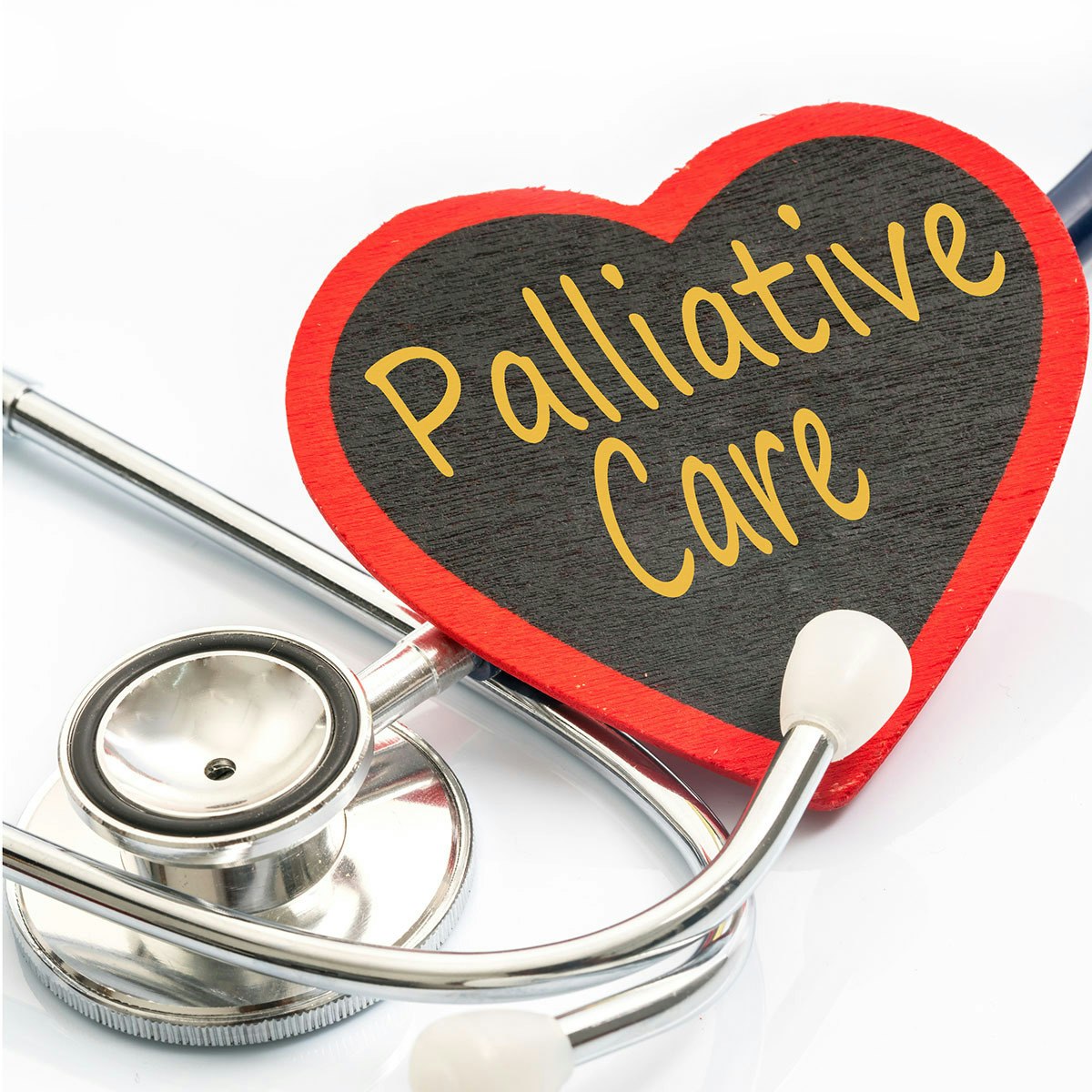
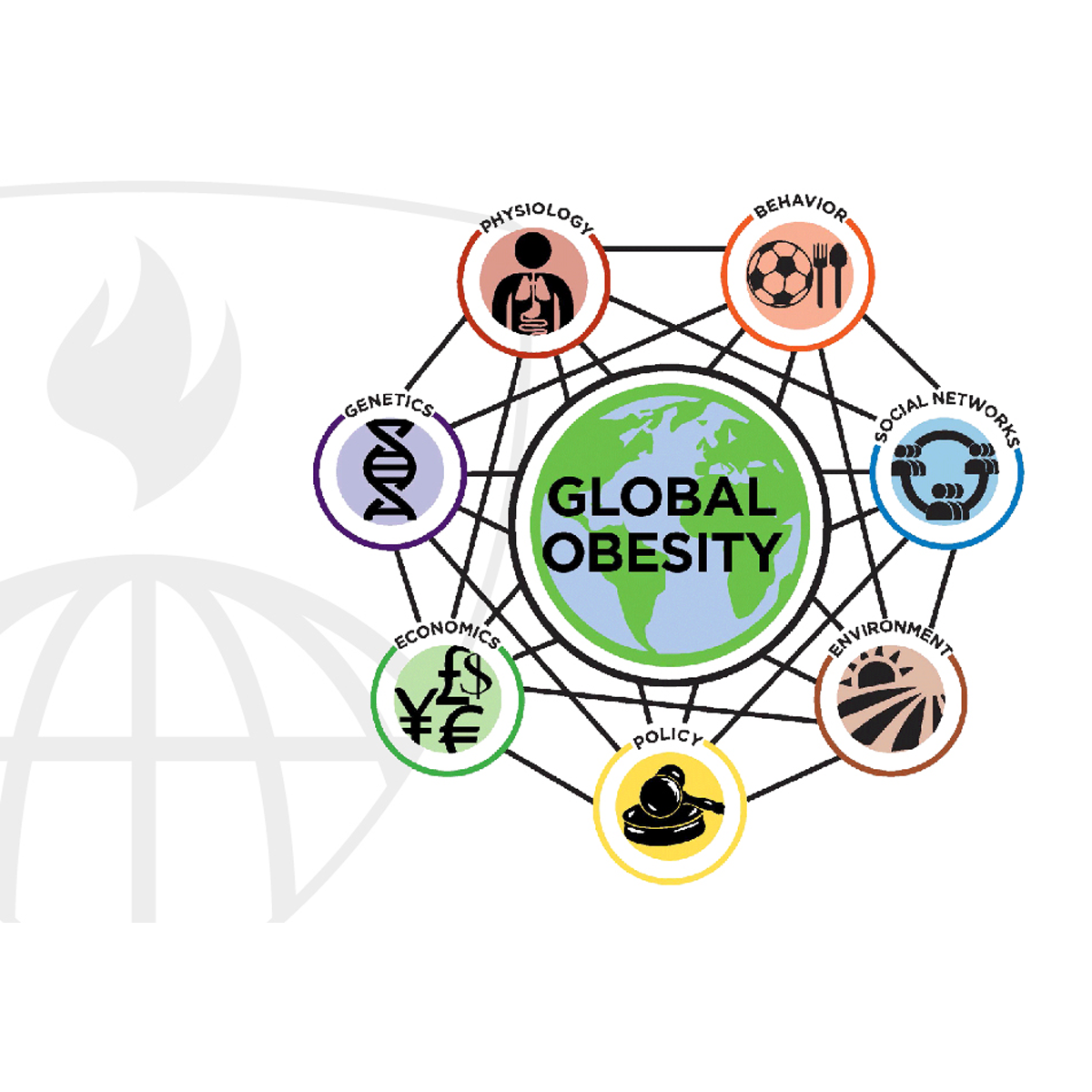
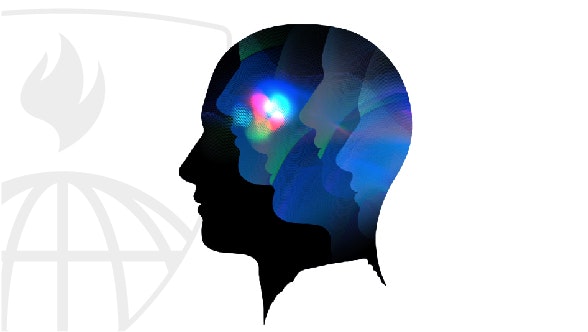

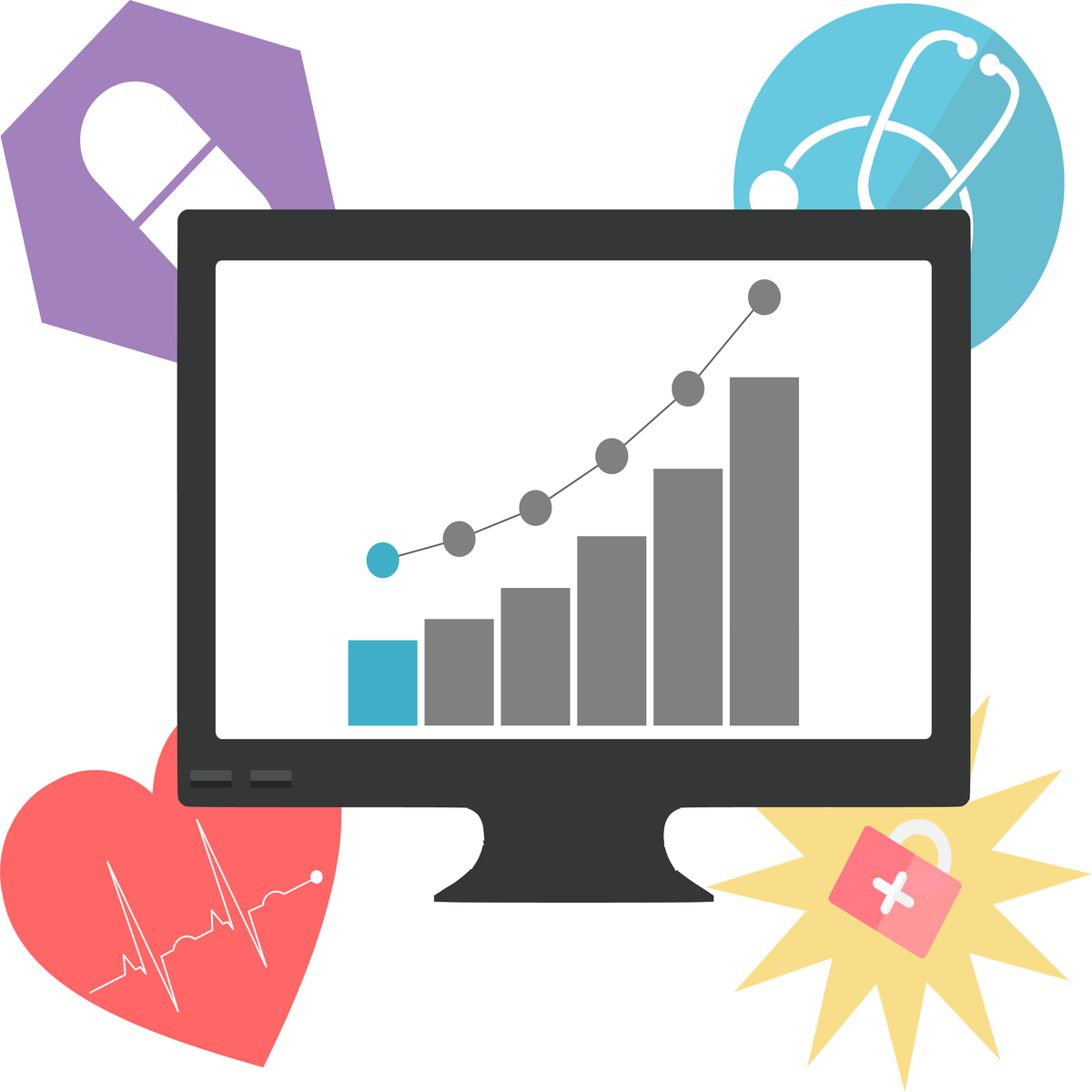

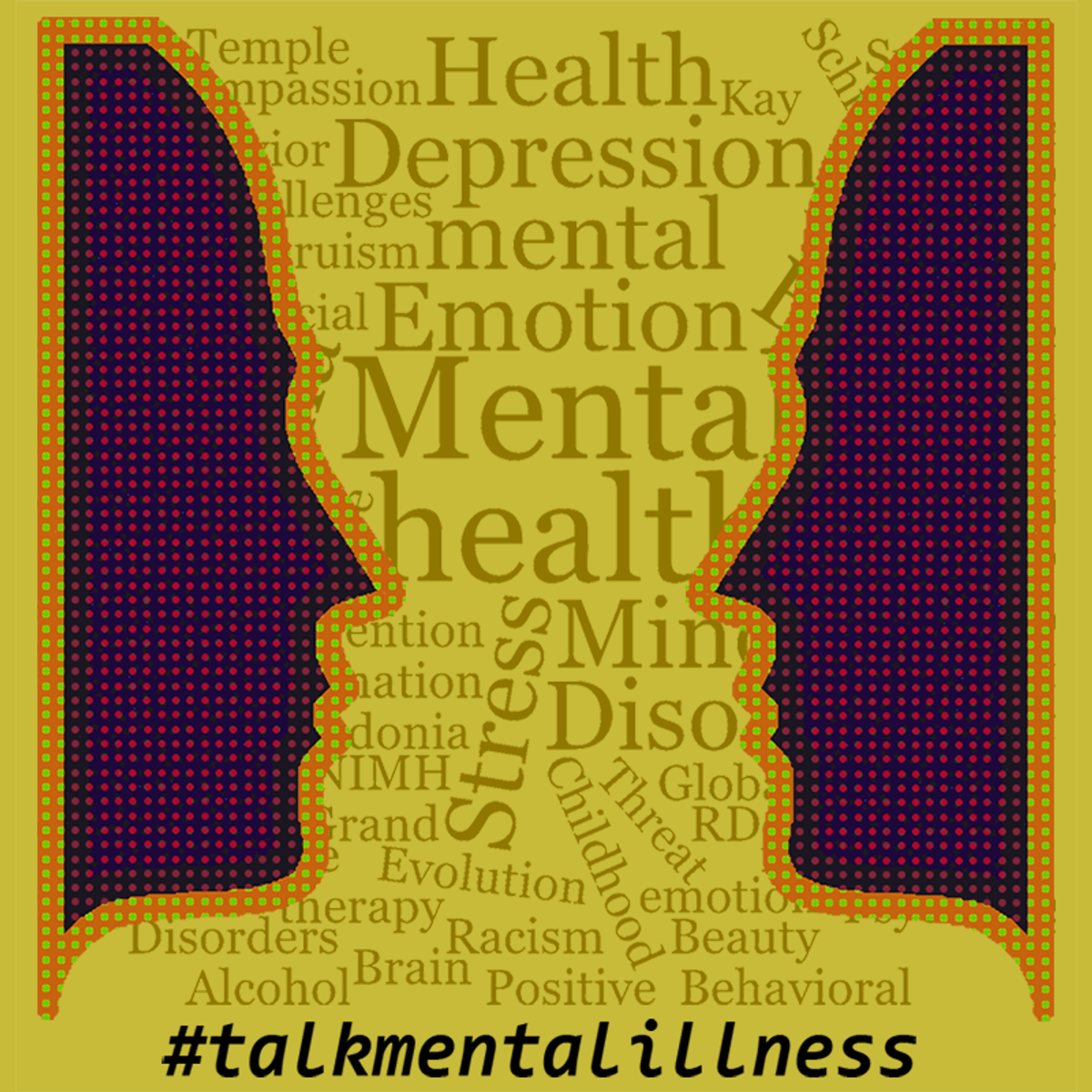
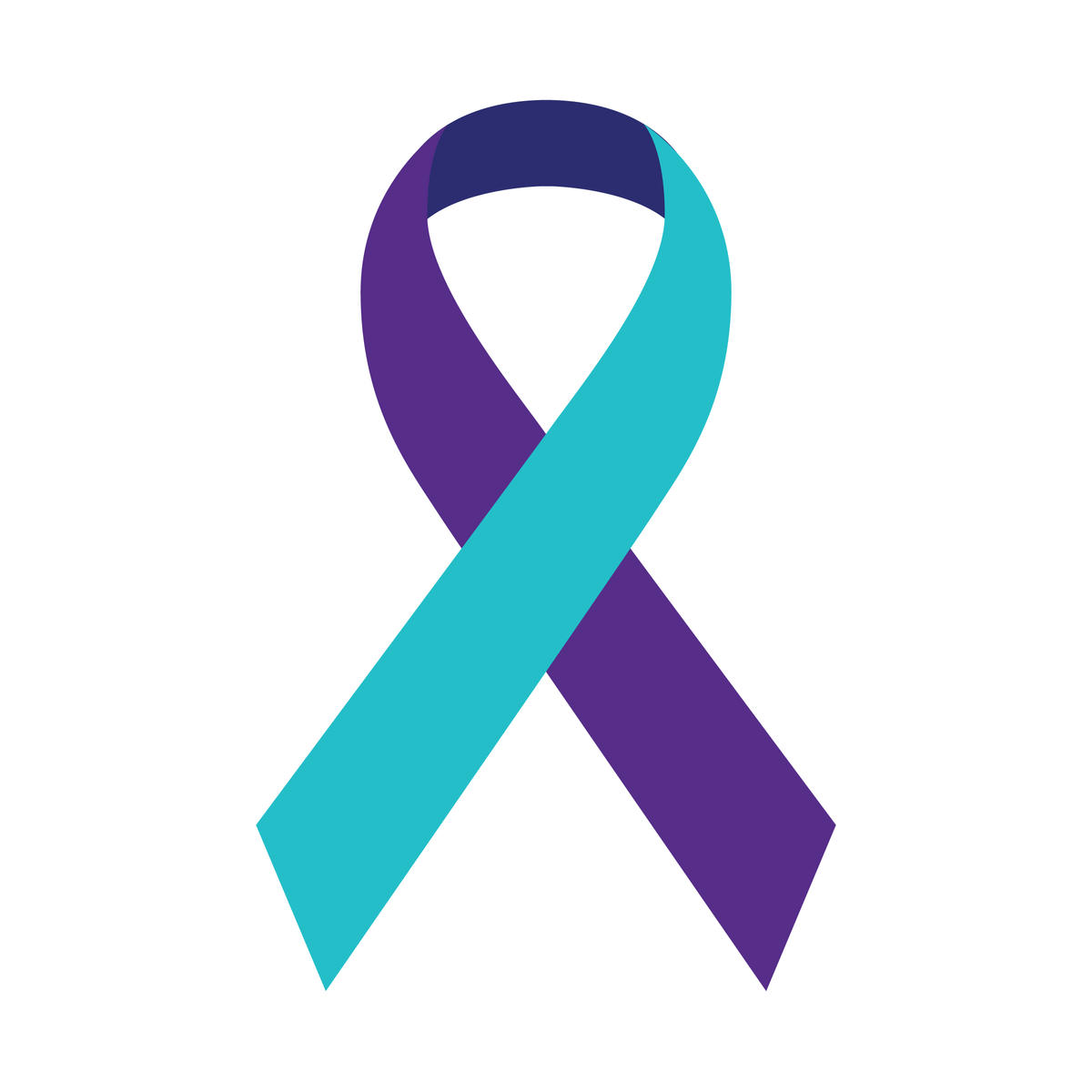
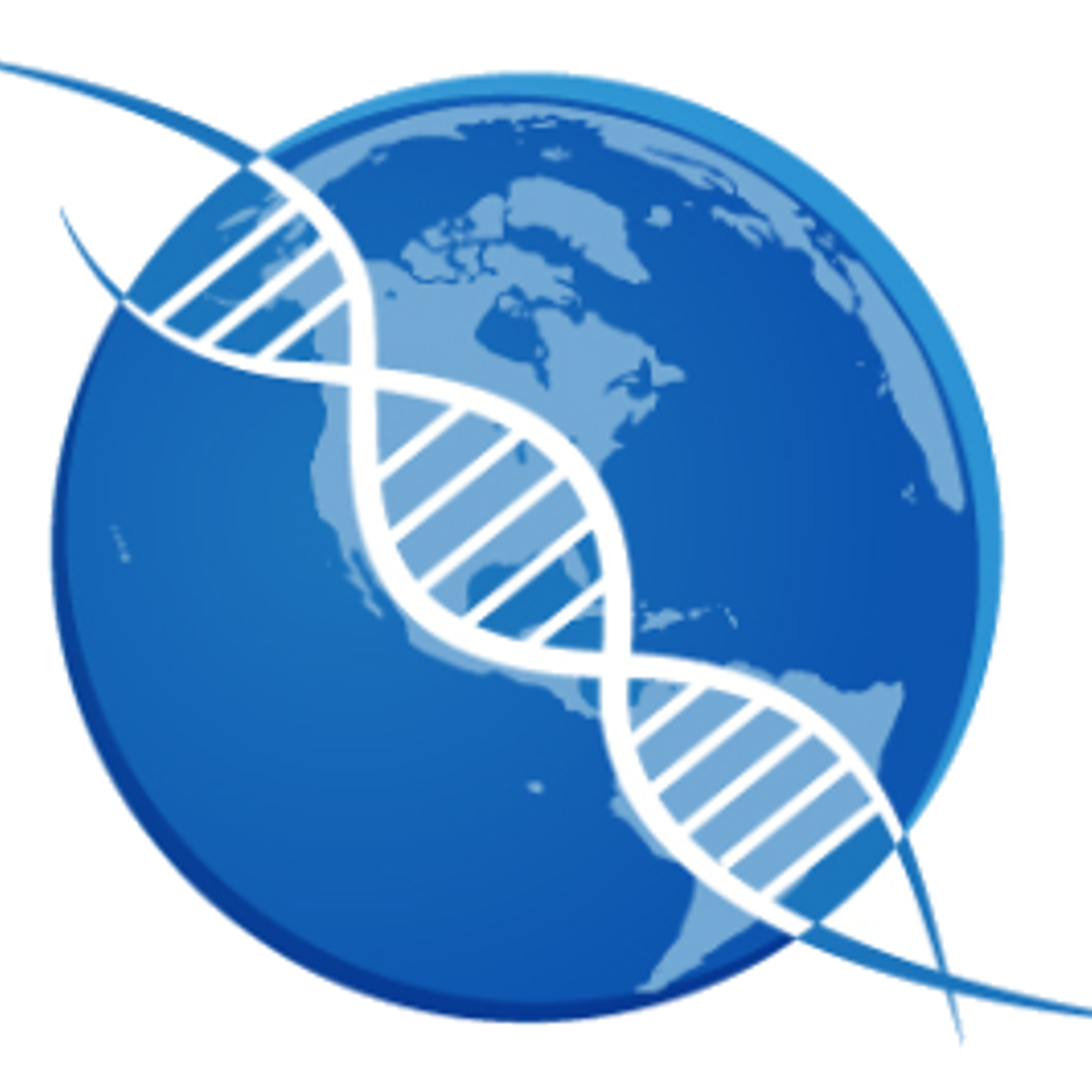
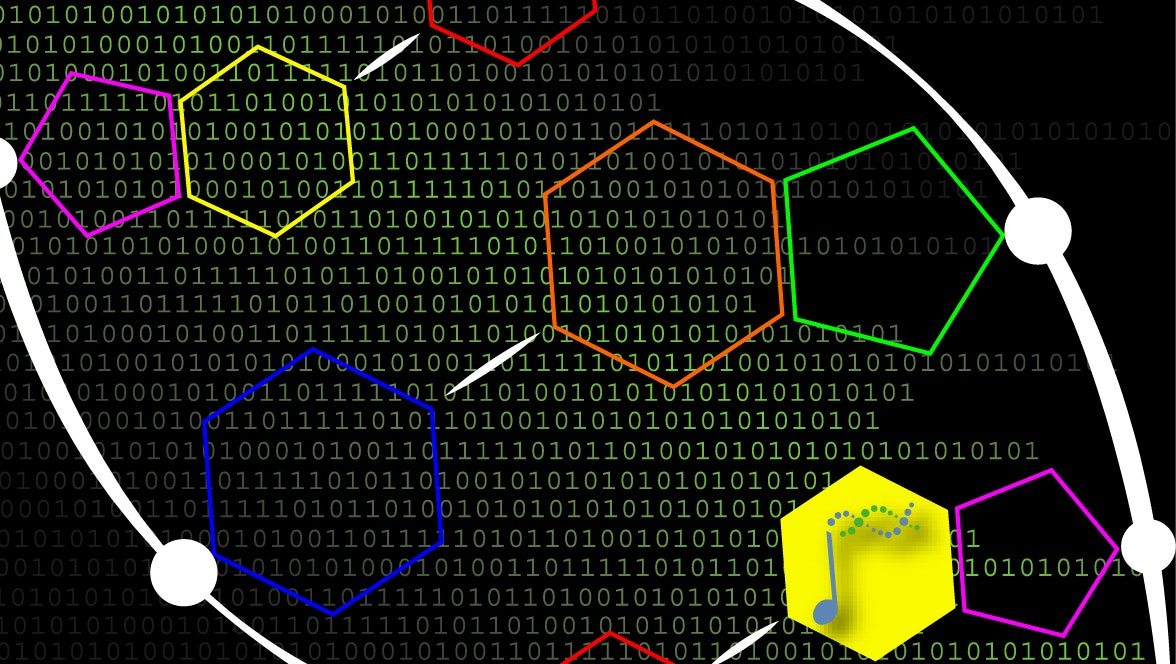
Life Sciences Courses - Page 3
Showing results 21-30 of 644

Essentials of Palliative Care
This course starts you on your journey of integrating primary palliative care into your daily lives. You will learn what palliative care is, how to communicate with patients, show empathy, and practice difficult conversations. You will learn how to screen for distress and provide psychosocial support. You will learn about goals of care and advance care planning and how to improve your success with having these conversations with patients. Finally, you will explore important cultural considerations and improve your cultural competency on the topics covered.
For clinicians, the goal of this course is to help you incorporate primary palliative care into your daily practice or help you know when to seek a specialist. We will help you improve your patient’s quality of life and provide self-care tips to help you maintain your own. For patients and caregivers, this course will empower you to talk to your provider and get palliative care, if necessary.
Stanford Medicine is jointly accredited by the Accreditation Council for Continuing Medical Education (ACCME), the Accreditation Council for Pharmacy Education (ACPE), and the American Nurses Credentialing Center (ANCC), to provide continuing education for the healthcare team. Visit the FAQs below for important information regarding 1) Date of original release and Termination or expiration date; 2) Accreditation and Credit Designation statements; 3) Disclosure of financial relationships for every person in control of activity content.

Systems Science and Obesity
Systems science has been instrumental in breaking new scientific ground in diverse fields such as meteorology, engineering and decision analysis. However, it is just beginning to impact public health. This seminar is designed to introduce students to basic tools of theory building and data analysis in systems science and to apply those tools to better understand the obesity epidemic in human populations. There will also be a lab in which students will use a simple demonstration model of food acquisition behavior using agent-based modeling on standard (free) software (netlogo). The central organizing idea of the course is to examine the obesity epidemic at a population level as an emergent properties of complex, nested systems, with attention to feedback processes, multilevel interactions, and the phenomenon of emergence. While the emphasis will be on obesity, the goal will be to explore ways in which the systems approach can be applied to other non-communicable diseases both nationally and internationally.
Topics will include:
a) the epidemiology of obesity across time and place,
b) theories to explain population obesity,
c) the role of environments and economic resources in obesity
c) basic concepts and tools of systems science,
d) modeling energy-balance related behaviors in context,
e) agent-based models, systems dynamic models, and social network models

Major Depression in the Population: A Public Health Approach
Public Mental Health is the application of the principles of medicine and social science to prevent the occurrence of mental and behavioral disorders and to promote mental health of the population. This course illustrates the principles of public health applied to depressive disorder, including principles of epidemiology, transcultural psychiatry, health services research, and prevention. It is predicted that by 2020 depressive disorder will be the most important cause of disease burden in the entire world! Every human being suffers from feeling depressed at some point or other, but only about one fifth of the population will experience an episode of depressive disorder over the course of their lives. This course illuminates the public health approach to disease, and the particular complexities of applying this approach to mental disorders, using depression as the exemplar.

Promoting Accessible Workplaces with Assistive Technology
Workplaces and educational institutions are becoming increasingly aware of the importance of inclusivity in their forces, and there are significant efforts being made to promote cultures of inclusivity. Despite that, the needs of disabled workers and students remain largely overlooked by a working society of abled persons even though great advances have been made in widely available Assistive Technology. In this course, learners will gain increased awareness of many types of disabilities represented in the workforce and educational institutions. Learners will learn about the Assistive Technology (AT) tools built into Microsoft and Windows products, including screen readers, Immersive Reader, Accessibility Checker, etc. as well as how to instruct in their use. Learners will become proficient in inclusive communication practices in the workplace or classroom by learning to construct accessible written materials and presentations. The course will offer audiovisual storytelling to encourage active learning about a world outside of “abled privilege.”

Introduction to Clinical Data Science
This course will prepare you to complete all parts of the Clinical Data Science Specialization. In this course you will learn how clinical data are generated, the format of these data, and the ethical and legal restrictions on these data. You will also learn enough SQL and R programming skills to be able to complete the entire Specialization - even if you are a beginner programmer. While you are taking this course you will have access to an actual clinical data set and a free, online computational environment for data science hosted by our Industry Partner Google Cloud.
At the end of this course you will be prepared to embark on your clinical data science education journey, learning how to take data created by the healthcare system and improve the health of tomorrow's patients.

Materials in Oral Health
The drive for development of new and novel oral biomaterials has never been more important with many people using oral biomaterials today and seeing their benefits in restoring and improving their oral health for a more enjoyable lifestyle. The unique properties of biomaterials such as titanium (Ti), zirconia (ZrO2) and various polymeric materials have made them materials of choice in oral health: dental implants, oral and maxillofacial surgery, and even regenerative medicine. Oral biomaterials research today is an exciting and intensive multidisciplinary area that encompasses contributions from a wide range of fields from professional dentistry to biology, chemistry, physics, material science, and engineering.
Materials in Oral Health is a FREE 4-week course open to all interested learners. In the course, you will learn about the special properties and benefits of biomaterials including, titanium and titanium alloys, zirconia and other alloys, ceramics, and modern composites. You will gain insights of the practical use of these biomaterials in different aspects of dentistry and clinical implications. You will realize how contemporary dentistry is about unifying synthetic materials to living tooth and bone tissues. You will get in touch with the crucial roles of digital dentistry and learn about CAD/CAM technology in crown fabrication, 3D printing and digital orthodontics. And lastly, you will be introduced to procedures and testing methods used to test significant mechanical properties of biomaterials in the research laboratory.
We cordially invite those of you who wish to make a difference in tomorrow’s dental materials and oral health development to join us in the 4-week journey in Materials in Oral Health.
You can get recognition for completion of the course by obtaining a Course Certificate. You can refer to details on: https://learner.coursera.help/hc/en-us/articles/208280196

#talkmentalillness
I am a professor and mental health researcher and educator, and I’ve been working in the field for over 15 years. Like so many of my colleagues, however, I was unprepared for the wave of mental health challenges that would face our society in 2020. From COVID-19 and the devastating economic impacts of the pandemic to racial justice protests, widespread natural disasters, our current cultural moment presents unprecedented mental health concerns, and particularly for marginalized communities. For this reason, I led a field-wide call to action for mental health research and treatment that resulted in this #TalkMentalIllness course. I had the opportunity to speak to over 30 experts from different domains in psychology research, practice, and popular public figures and to discuss the causes and cutting-edge treatments for many serious disorders, the stigma surrounding mental illness in our culture, systemic inequality in mental health treatment, and the mental health challenges of today.
#talkmentalillness curates the interviews from the Mental Health Experts series into an accessible learning experience that will help you have conversations about mental health. Talking about mental illness is both the content and desired outcome of this course, as you will use what you learn from my interviews with mental health experts to guide your own discussions about mental health challenges and treatments with family members, friends, colleagues, and other people in your life. The course will begin by presenting a core set of definitions for mental illness and analyzing the stigma associated with it. We will then apply these topics to specific psychological disorders, including anxiety and mood disorders, eating disorders, suicide, substance use, and psychosis. We will then consider how these issues disproportionately impact marginalized groups and communities of color. The course will conclude by considering innovative approaches to psychological treatments and how the pursuit and science of happiness inform mental health and wellness.
This course is part of a broader educational mission to share the science of mental illness with both students and the public, both locally and globally. I have designed and created it in collaboration with the Office for Academic Innovation and Libraries’ Media Services Team at the University of Colorado Boulder.
- June Gruber

Suicide Prevention
This course will explore the science of suicide research, prevention, and intervention. The field of suicide research is young and knowledge is rapidly changing. Topics will include terminology, epidemiology, historical and contemporary theories of suicide, modern approaches to suicide research, empirically supported approaches to prevention and intervention, the lived experiences of those with suicidal thoughts and attempts. Note: this course is not designed to address personal experiences with suicidal thoughts, suicide loss, or mental illness nor will it address assessing suicide risk among friends or family members. If you are thinking about suicide or are worried about someone else – please contact your local suicide prevention crisis center as soon as possible. Your life matters and help is available.
Each module will include a quiz. The last module’s quiz will be cumulative.

Genetic Epidemiology Foundations
This course is presented by the University of Colorado Denver in collaboration with the Vanderbilt Genetics Institute at Vanderbilt University Medical Center and the International Genetic Epidemiology Society. It is designed to provide students with the background and knowledge foundations necessary to conduct statistical analysis of genetic association study data. This course includes multiple lectures and evaluations on each of the topics: the history of genetics research presented by Dr. Nancy Cox, foundational concepts in population genetics presented by Dr. Bruce Weir, population structure in genetic association studies presented by Dr. Todd Edwards, quality control in genetic studies presented by Dr. Goncalo Abecasis, analysis of population-based case-control association studies presented by Dr. Celia Greenwood, and analysis of family-based studies presented by Dr. Joan Bailey-Wilson. Examples of concepts and reference literature are also provided in this 6-module course.

Bioconductor for Genomic Data Science
Learn to use tools from the Bioconductor project to perform analysis of genomic data. This is the fifth course in the Genomic Big Data Specialization from Johns Hopkins University.
Popular Internships and Jobs by Categories
Find Jobs & Internships
Browse
© 2024 BoostGrad | All rights reserved